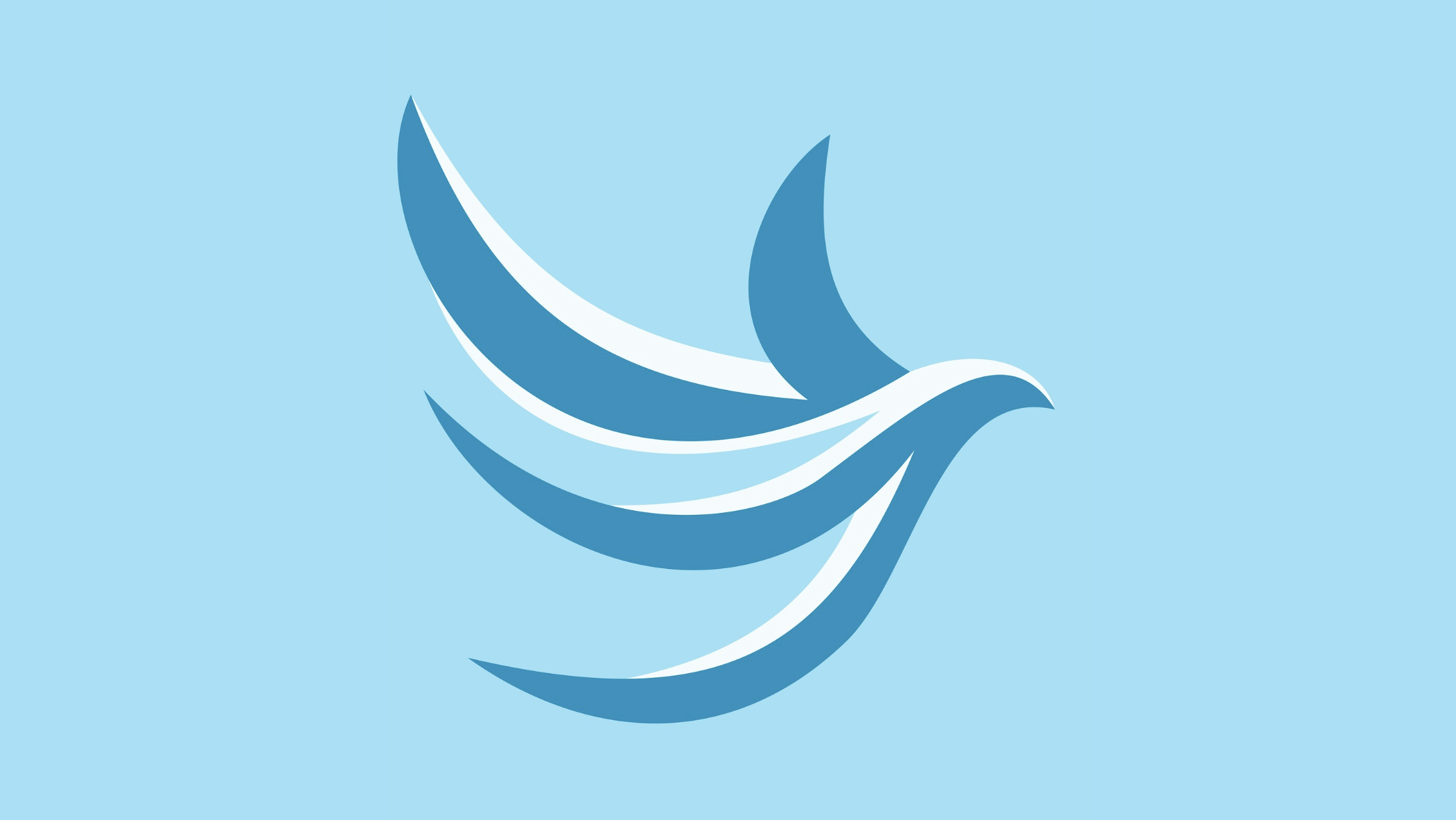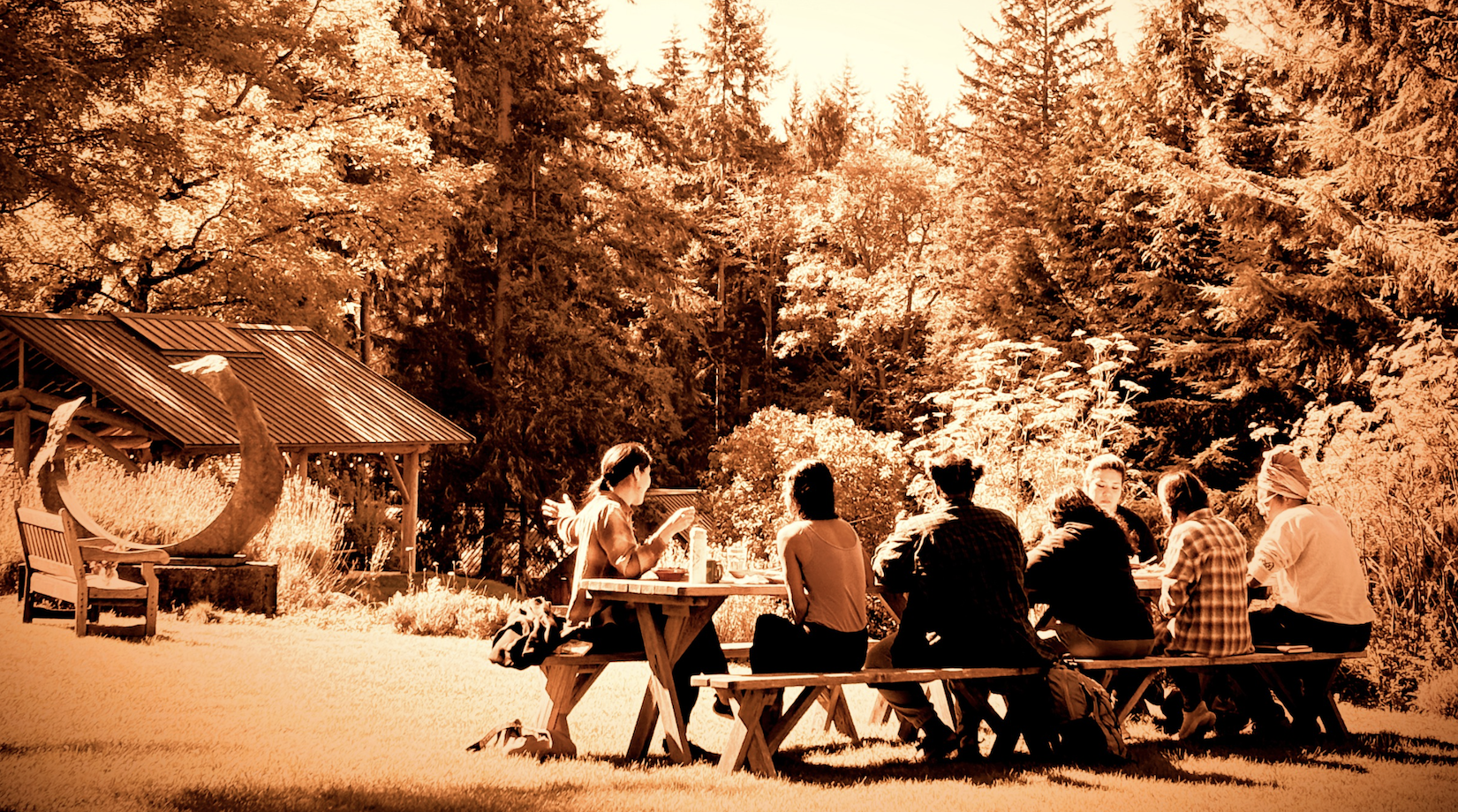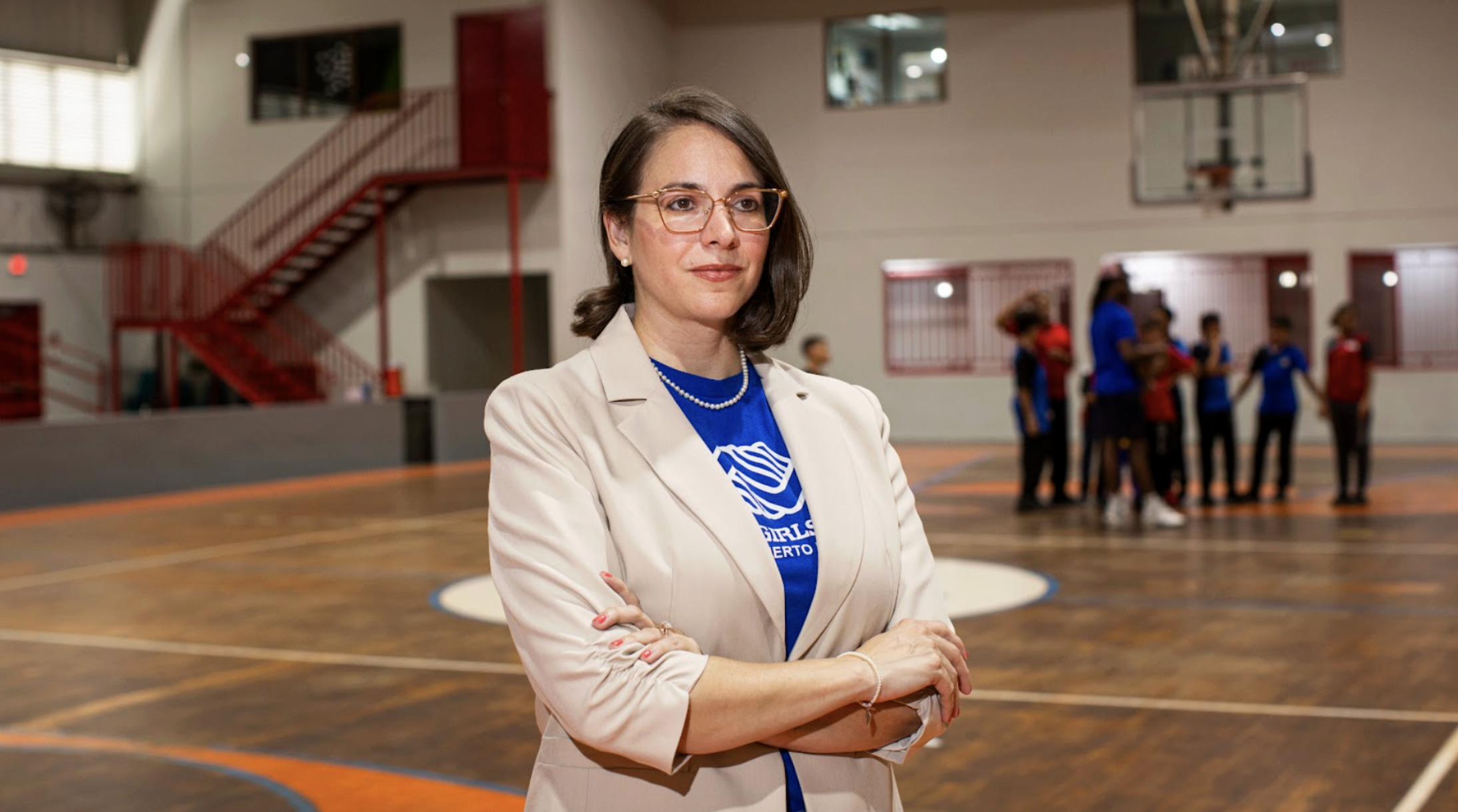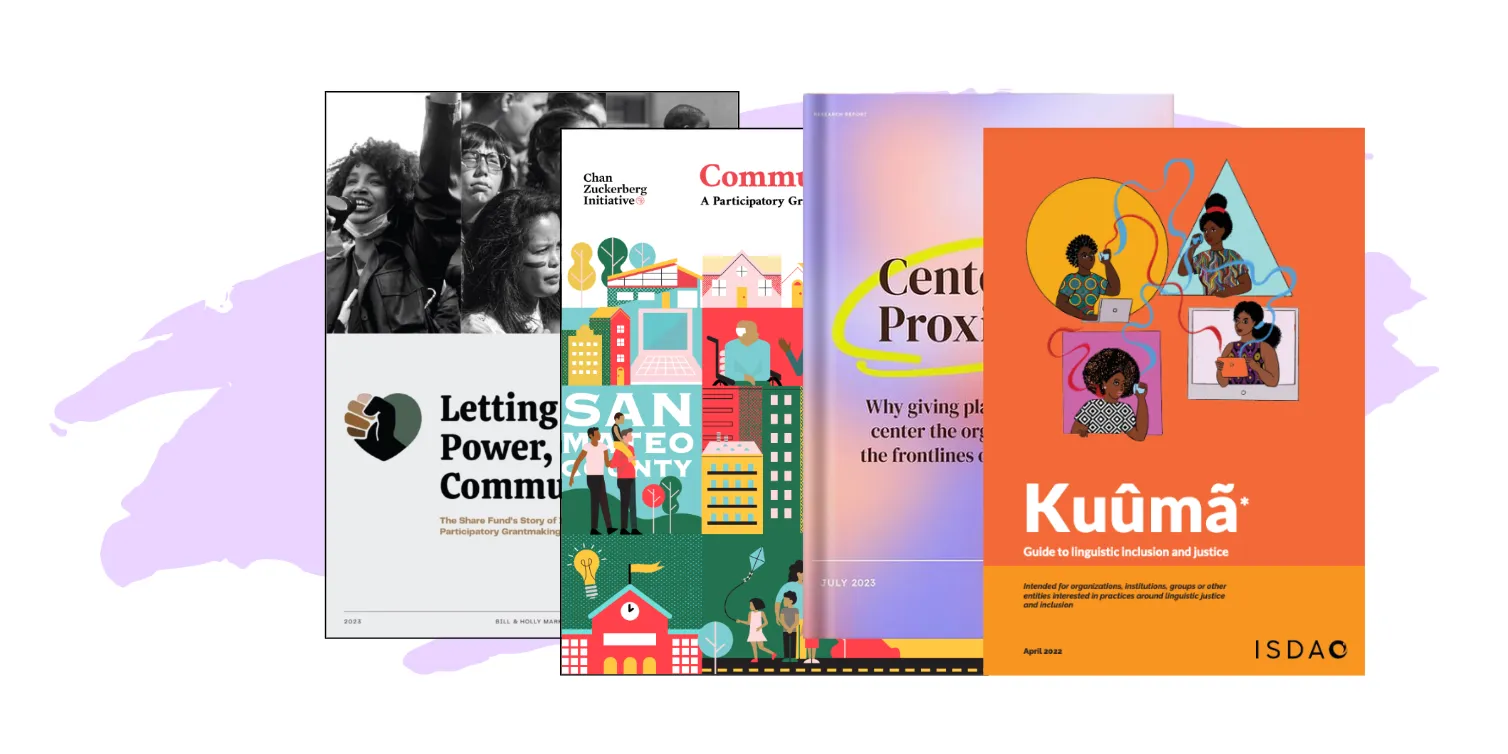“Because I said so.”
Withering words for any child to hear. The phrase recalls exhausted yelling from overwhelmed parents with no time, energy, or patience to find a more expansive pathway to communication.
Wherever your parenting style (or experience being parented) falls on the spectrum between “permissive” or “authoritarian,” I bet you can recall a time when you heard, said, or at least felt this utterance. Chances are that you met it with anger, dismissive eye-rolls, or just sullen resignation.
So why is this the approach that so many philanthropic funders take?
Striving for Autonomy
I want to utilize this metaphor of parenting to help us examine a prevailing tension in our missions of decolonizing philanthropy and other entrenched power systems.
A clarification - comparing our sectors to parenting in no way implies that funders and solutionists are “the adults in the room,” nor that our local partners are “children requiring rearing.” As the mother of adult daughters I know that I have learned from my children much more than I have instructed. But the power dynamics are similar in many ways.
With that said – have you ever seen a toddler stretched out in a supermarket cart, body rigid, arms flailing, back arched, lungs afire, protesting with all its heart that it does NOT want to do what its caretaker is proposing? (I have!)
Have you ever gone to the bathroom at two a.m. and glanced in your teenager’s room to see an unnaturally still mass under the covers, only to discover it’s a pile of strategically placed pillows? (Check!)
Well, friends, this is what striving for autonomy looks like. This is what becoming one’s own distinct individual with agency and personhood looks like.
For parents, whether your philosophy is permissive in theory, authoritarian in action, or somewhere in between, making way for individual agency can feel difficult.
Either way, ‘Because I said so’ is not an effective parenting strategy, and it fails as a development, philanthropic or solutionist approach as well.
Examining Power
Let’s examine the notion of “power” to more fully understand this premise. I’m indebted to the 1960s theory of Sherry Arnstein, “The Citizen Participation Scale.” Arnstein describes a continuum that can be applied to participatory decision-making: roughly speaking, it moves from top-down autocracy to “the people decide all” holocracy.
Contemplate Arnstein’s scale as it relates to parenting, or to collaborative project and program design. What we know is true that if “rules” are delivered as arbitrary, top-down dictates, eventually there will be pushback.
For instance, there’s a fabulous Substack account by survivors of “religious authoritarian parenting” that describes the lifelong work of ‘unlearning’ this approach. In these situations, whatever self-determining cues the “child” might have delivered, were ignored, minimized, or even infantilized. The ethos of this parenting style is to create humans who willfully submit to the higher power-holder and rarely contest whatever status quo they might be presenting.
This contrast between authoritarian and child-led parenting has long been a major subtext of the so-called “Mommy Wars.” Sleep training – forcing your newborn into self-regulating through a defined sleep schedule, and letting them “cry it out” if necessary – is considered by some as a means of helping a child formulate self-reliance.
At the other end of the dynamic is the “power to the people” approach: co-sleep (keeping the baby in the parental bed or a sidecar sleeper), respond to their very frequent cues around “child-led feeding,” and remain highly attentive and responsive to the child’s signals. All this with a collaborative and light disciplinary hand. Parents practicing this style of child-rearing abhor power dynamics and trust their children to eventually grow into self-regulation and reliance.
What happens when those who have positional and traditional power insist on hoarding, defining, and restricting access to it? How do children – or individuals, communities, and societies – react to oppressive “Because I said so” strictures?
A whole bunch of bad outcomes, many of which begin with the letter R:
- Resistance – putting one’s fingers in one’s collective ears and blocking out the diatribe
- Rage – either against the “oppressor” or, tragically, against the self
- Rebelliousness – covert or overt, which can even escalate to revolt or revolution.
- Respectability and compliance – which can look like going through the motions of life without exploring what might actually be possible, or realizing one’s potential
- Refusal – creating one’s own rules and world, and separating from the oppressor (such as the emancipated minor who cuts off their family, or the citizen who eschews voting)
It doesn’t have to be this way.
The Value of Resistance
While the majority of the Rs mentioned above tend to have negative outcome results, the Resistance tack offers a flip side. When Resistance happens, the activator doesn’t just block out “negative noise” from on high; they use their own innate knowledge and skill to create something different — and probably, better.
As parents, this is the satisfaction we feel when our kids successfully “launch,” and often all our rules and nagging are largely unnecessary. When it comes to social impact, this can look like new, innovative models that are built to shift power in tangible ways.
As an example: FRIDA | Young Feminist Fund is a foundation helmed by a collective of young climate justice activists supporting feminist organizations in Africa, Asia, Europe, the Middle East, Latin America, and the Caribbean through a deeply participatory funding model.
FRIDA received a ten million dollar grant from MacKenzie Scott last year. They took advantage of the moment to rebuke the legacy behind Scott’s extreme wealth, and to redirect the money towards a broad approach to wealth Redistribution: “shifting resources back to the hands of our communities,” from whom governments and the most powerful corporations have extracted resources and wealth. FRIDA described their actions as part of a “larger reparative approach to wealth redistribution.”
In a context within which the “adults” generally call the shots — youth-led climate justice projects receive only 0.76% of grants from the largest climate foundations — FRIDA’s brave stance demonstrates justice in action.
And that’s the point here: one way or another, children grow up, and most go on to live their independent lives, where they make their own decisions, and our hope is that we provided them with enough common sense, grace, and goodness to make the most of their path.
One way or another, children grow up, and our hope is that we provided them with enough common sense, grace, and goodness to make the most of their path.
Similarly, communities we want to be in service to are resilient and will find ways to subsist and survive and even thrive — with or without us. The amount of innovation and inspiration being launched by our social impact friends in the “Global South” should make it perfectly clear that The People Know (what they want, what they need, and how to make it happen).
Building Community
When I was pregnant with my oldest daughter, 27 years ago, I belonged to an online listserv of expectant mothers. We shared our excitement, the fascination of our changing bodies, our hopes and plans and fears and concerns.
We were all quite bonded, until the end of the second semester when talk shifted to our birthing plans (anesthesia or not?) our nursery plans (this kid will be sleeping in this crib, vs. the crib is just where we will store the stuffies), our plans about breastfeeding (our judgmental mantra: “Michael Jordan was breastfed, Michael Jackson was not”), and all sorts of other ideological, personal, and social stances and dichotomies that fully placed us at one end of the spectrum or the other.
Those of us who were permissive, “attachment” parents splintered off and formed our own group, righteously waddling towards our epidural-eschewing, babywearing, extended breastfeeding futures.
I remained peripherally enough connected to the mainstream moms’ group that I kept an eye on how their lives were going. Over the decades, here’s what happened. Some kids thrived, some floundered. Some marriages lasted, others imploded. A couple of the moms passed away; so have a (thankfully, small) handful of the kids.
Despite the strongly held fighting words and concepts we had about “our way is the best way,” ultimately, we all learned over the decades that the kids decided. We gave them life, but they held their future and destiny in their own hands. And most of all, we have all been mightily surprised, humbled, inspired, and elated by who they have become.
A few of these children are now having children of their own, which is mind-blowing.
The only thing I would hope for their Generation Alpha and Beta kids, and for all the now and future communities that we wish to be working in service for, is that no one says, “Because I said so,” anymore. What would be more gratifying is to hear might be: “because we discussed it, and given the parameters of the opportunities and constraints, in this instance, this is how we are agreeing to proceed.”
I recognize that sentence doesn’t trill off the tongue. But it feels like a much more equitable and sustainable way to shape systems — as well as deliver upon the privilege of having the lives and destinies of others so deeply attached to the actions we undertake.
Rozella Kennedy is the founder of Brave Sis Project, LLC, whose praxis elevates little-known she-roes in history as a means to de-center default (white) narratives about agency, impact, and inspiration, and the author of the Nautilus Award-winning book Our Brave Foremothers: Celebrating 100 Black, Brown, Asian, and Indigenous Women Who Changed the Course of History. Sherecently launched a self-paced course through the Teachable platform: Allies, Advocates, Co-Conspirators, Friends, Sisters: A Playbook for Leading, Learning, and Liberation.











.webp)

.webp)
%20(1280%20x%20720%20px)%20(41)%202.webp)
%20(1280%20x%20720%20px)%20(38).webp)
%20(1280%20x%20720%20px)%20(31).png)


%20(1280%20x%20720%20px).webp)










.webp)






.webp)
.gif)

.webp)


.gif)













